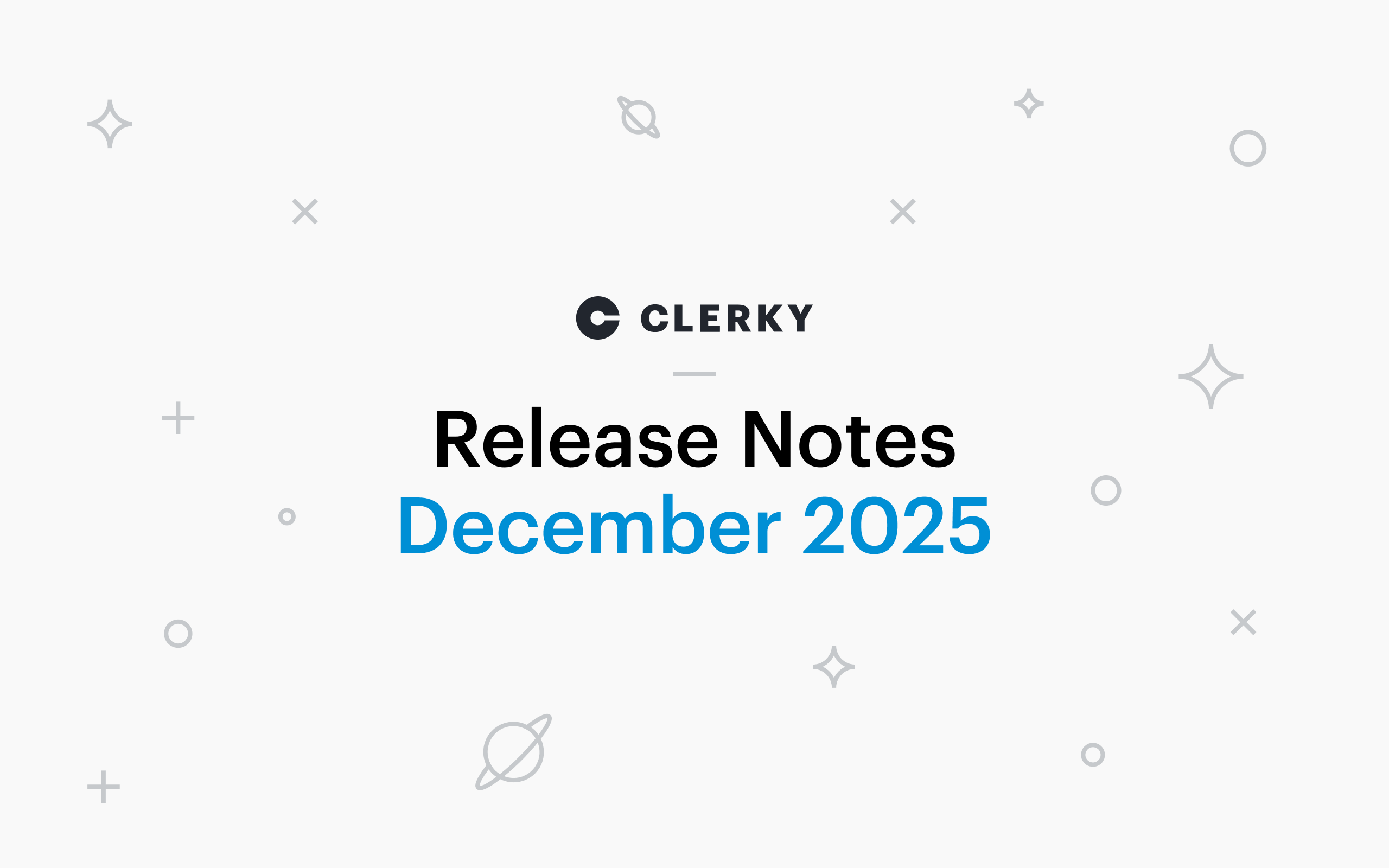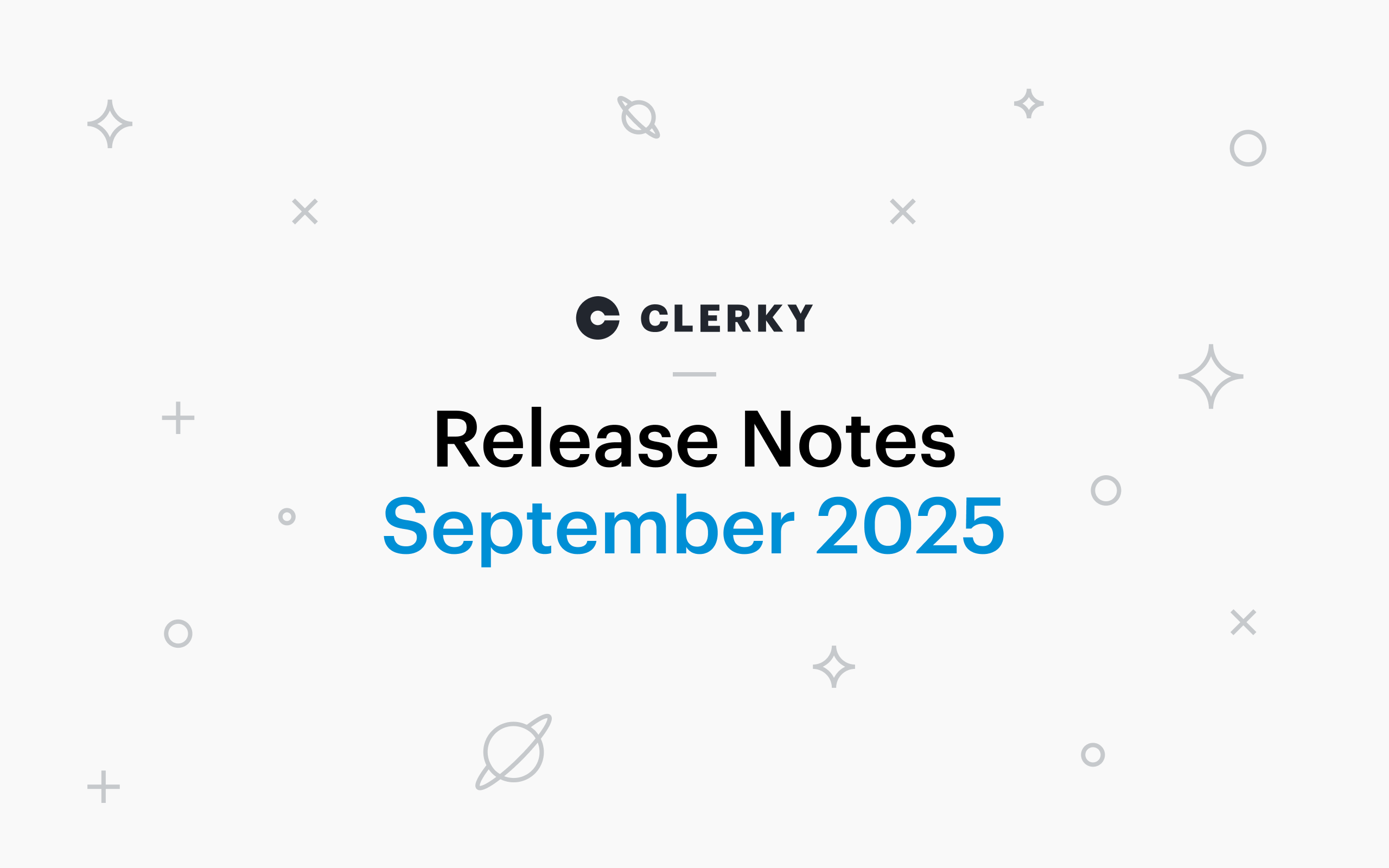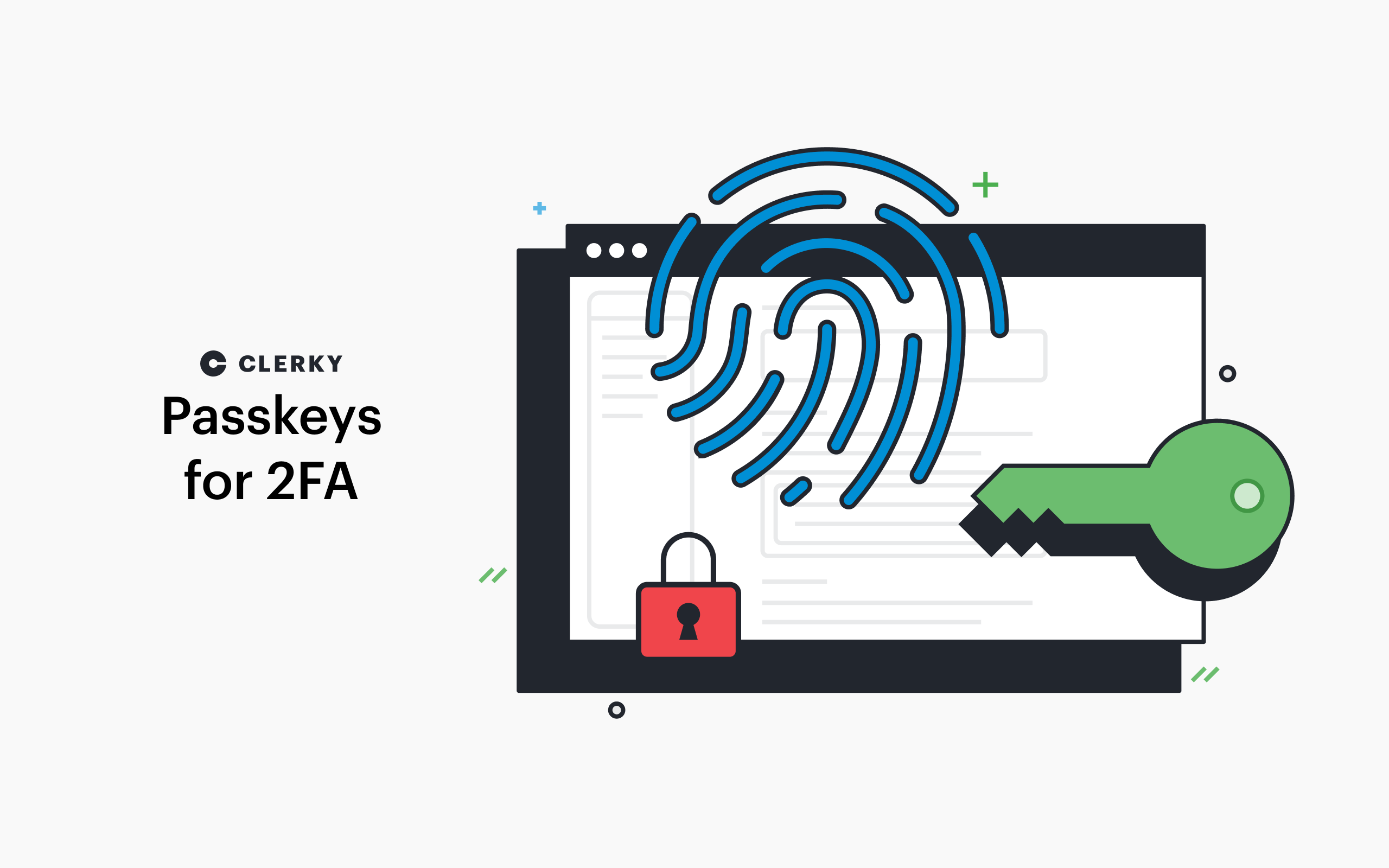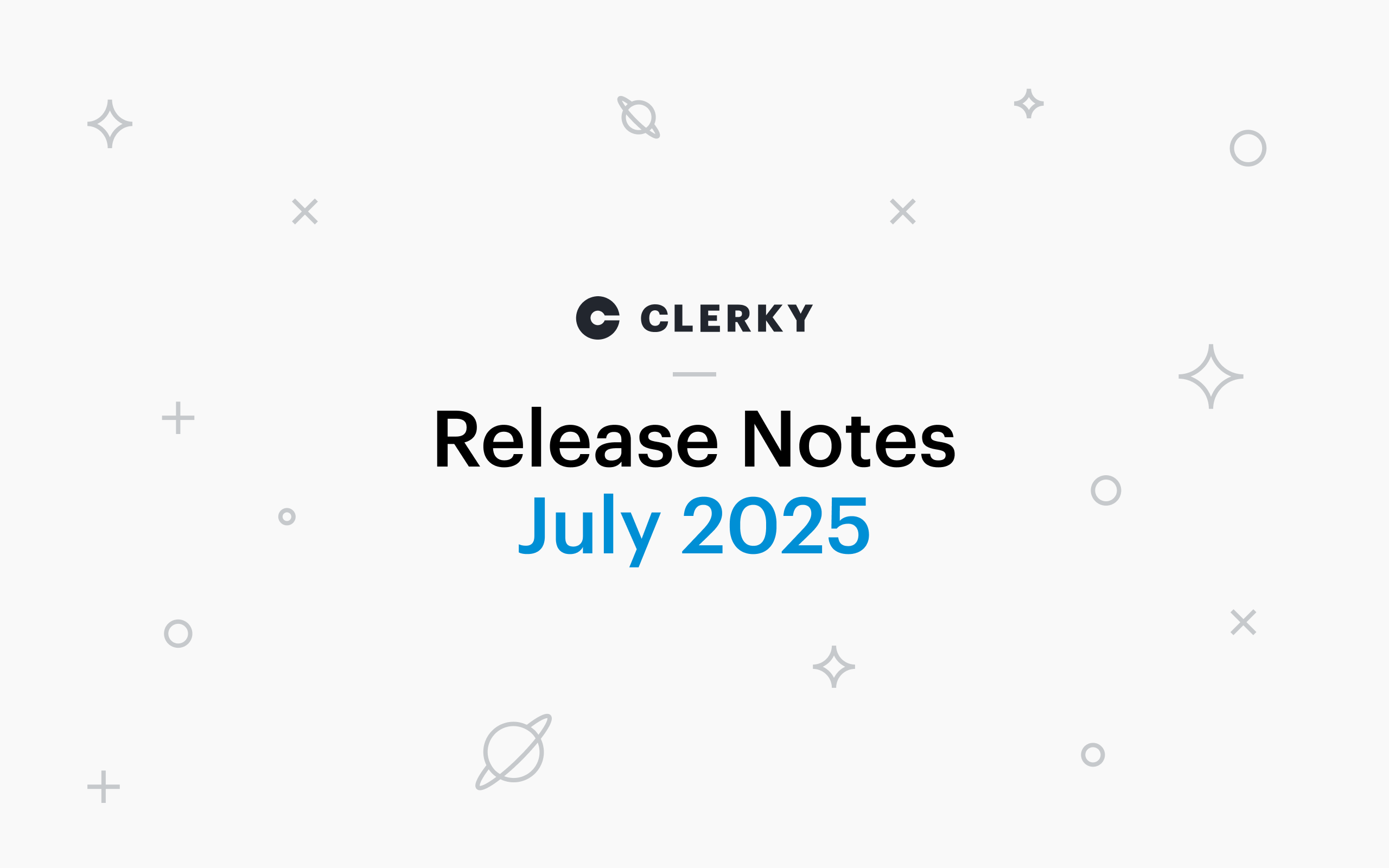Here's what's new:
New and updated perks
- Asana — Updated! This perk is now so good they won't let us say more here, but you can find all the details on Clerky.
- Common Paper — New! 50% off first 3 months
- Drata — New! 25% off first contract
- Framer — New! Free for 1 year
- Uber for Business — New! Up to 10% off eligible business rides (5 per employee)
New Maintenance product for PBC startups
PBC startups on Clerky can now change their corporate name, number of authorized shares, or par value even before they have directors. This product is available to PBC startups by request as well as to all Attorney accounts. If your startup is a PBC and you'd like to use this, please reach out to our support team.
If you're incorporating a new startup soon, you might be able to save around $400 by avoiding the 2025 Delaware franchise tax.
Delaware franchise taxes aren't pro-rated, which means that a Delaware corporation incorporating on December 31, 2025 will have to pay the same franchise tax for 2025 as one that incorporated on January 1, 2025. If you have investors ready to wire funds, this probably isn’t a big deal. But if you're not in a rush, it could be a waste of money.
To avoid this, we can help you take advantage of a little-known nuance of Delaware law that allows you to specify the effective date of an incorporation. If you specify January 1, 2026, your corporation won't exist until then, which means it won't need to pay the 2025 franchise tax. This feature is available to all our customers at no extra charge.
Of course, you won't be able to do other legal paperwork or open bank accounts until the incorporation is effective. So why not just wait until January 1 to submit your incorporation paperwork? Two reasons:
You want to make sure no one else takes your startup's name.
It can feel like a minor miracle to find a name you like that isn't already taken. By filing your incorporation paperwork, you can secure the name you want when the filing is accepted, even if the incorporation won’t be effective until later. You could reserve the name instead, but that adds unnecessary expense and complexity.
You want to hit the ground running in 2026.
Maybe you’ve decided to wait until after the end-of-year holidays to focus on your new startup. Filing your incorporation paperwork before you ring in the new year will save you time in 2026.
In addition, the start of a new year can be busy for the Delaware Division of Corporations, which can lead to delays in processing new incorporations. Filing ahead of time can help you beat the crowds and avoid those delays.
We've made January 1 effective date incorporations available to startup founders for many years, and are excited to bring them back again. From now until the end of the year, you can have your incorporation take effect on January 1, 2026 when you incorporate a new startup on Clerky.
.png)
Of course, if you prefer, you can still choose to have it take effect immediately when the Delaware Division of Corporation files it.
To get started, sign up for Clerky now. Questions? Feel free to reach out!
Now available for Clerky startups: stronger security, bigger signup bonuses from banking platforms, and new and updated perks from top founder tools.
Passkeys
You can now use passkeys for two-factor authentication (2FA) on Clerky.
Banking signup bonuses
- Arc: Get a $1,650 bonus when you deposit $20K, or a $4,000 bonus when you deposit $375k (both maintained for 90 days).
- Brex: Up to 150,000 points. Get 100,000 points after depositing $20K, plus 50,000 points after a $10K spend on the Brex card.
- Mercury: Up to $1,500 total. Get a $1,000 bonus for depositing $20K, plus $500 bonus for $10K spend on the IO card (both within 90 days).
- Rho: $1,600 bonus for using Rho as your primary account and maintaining a $20K average daily balance for 90 days.
New and improved perks
- Fondo — 50% off (save $975+) your startup's first year of bookkeeping
- Intercom — 1 free year of Intercom's AI-first support suite, including 12 months of Fin, ranked #1 AI support agent by G2
- Pilot — Choose between free DE franchise filing and tax extension, or 1 year of tax preparation and bookkeeping for only $750
You can now use passkeys for two-factor authentication (2FA) at Clerky. They're the easiest way to do 2FA and the modern best practice for account security.
What's a passkey?
A passkey uses your device to confirm it's you, usually with a single click or biometric scan. Since the device handles this directly, there's no need to open separate apps or enter codes.
Why passkeys are better
- Less friction. Authentication can happen in one click or biometric scan.
- Stronger security. Passkeys can't be guessed, reused, or stolen in a database breach.
- Works across devices. Apple, Google, and Microsoft can sync passkeys through their built-in managers (e.g., iCloud Keychain).
How passkeys work on Clerky
- You can add a passkey today as a 2FA method.
- You can add multiple passkeys (laptop, phone, hardware key) and name them (e.g., "1Password on Mac").
- If you sign in with Google, we'll skip 2FA since it's already a best practice for Google accounts.
- Your account shows security details like when a passkey was created and when it was last used for 2FA.
Get started
You can start using passkeys today by going to Settings → Security in your Clerky account. We'll guide you through the process step by step.
Clerky startups now have access to thousands of dollars in new and updated perks from popular startup tools for productivity, 409A, HR, taxes, and more:
New Perks
- Anrok — 2 free months of tax compliance
- Gather — 25% off the Premium and Enterprise plans
- Justworks — Up to 34% off payroll, benefits, EOR, and PEO services
- Numeral — 50% off the first 3 months of the Standard plan for sales-tax tracking and filing
- OnPay — 6 months free of full-service payroll and HR
- Virtual Post Mail — 25% off 3 months of a Starter or Plus virtual mailbox
Improved and Updated Perks
- Aranca — 409A valuations now as low as $790 (50% discount, up from 40%)
- Chore — 60% off the standard monthly fee (now $999, down from $2,499)
- Notion — 6 free months of the Business plan with unlimited AI, plus no more funding cap to qualify
- Pilot — 20% off Pilot Bookkeeping for 6 months and CFO Services for 12 months, plus an extra $200/month off for pre-revenue startups
- Zoom — Save up to $180/year on the Workplace Pro plan (for up to 9 seats)
You can view all available offers and eligibility details by going to Perks for your team.
Big news! Startups formed in the US no longer need to file BOI reports. That includes all startups incorporated through Clerky, even if some or all of the founders are outside of the US.
What's a BOI report? The Corporate Transparency Act requires certain businesses to submit reports to FinCEN, a government bureau that helps detect financial crimes. These BOI (Beneficial Ownership Information) reports contain information about the business and its beneficial owners. While BOI reports used to be required for many businesses formed in the US, US startups are now exempt.
What happened? FinCEN recently issued an interim final rule exempting all companies formed in the US from the BOI report requirement. As Delaware corporations, all startups incorporated through Clerky are covered by this exemption.
Who still needs to file? The BOI report requirement now only applies to "foreign entities", meaning companies formed under non-US laws. If your startup is a foreign entity, you can learn more about your deadline and how to file on the FinCEN website.
Could things change again? It's possible. FinCEN's interim final rule hasn't been finalized yet and this exemption could be modified or removed in the future.





